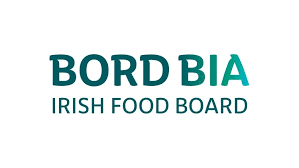Irish Pig Market Update: Prices and Throughput
The Latest Update on Irish Pig Market Prices and Throughput
Prices
Deadweight pig prices in Ireland are on an upward trajectory due to relatively tight supplies for slaughter. Prices have been increasing steadily week on week from a low of 190c/kg in mid-February 2024. For the week ending 12th January 2025, the average price paid for grade E pigs was €2.03/kg excluding VAT. This current price is 4% lower than the corresponding week last year, when the grade E pig price was €194.83.
Throughput
While throughput has improved in the last quarter, demand continues to outpace supplies. Total throughput year-to-date (YTD) is 118,524, which is slightly behind the corresponding period in 2023.
According to the latest Performance and Prospects Report, overall pig supplies, including exports, increased by 2% (+70k head) to 3.65 million pigs during 2024. Irish pigmeat production rose by an estimated 4% in 2024, reaching approximately 310,000 tonnes.
This increase was driven by both higher pig supplies and slightly increased average carcase weights. The rate of recovery gained momentum as the year progressed, following a 10% decline in 2023 due to higher feed costs and depressed market prices.
